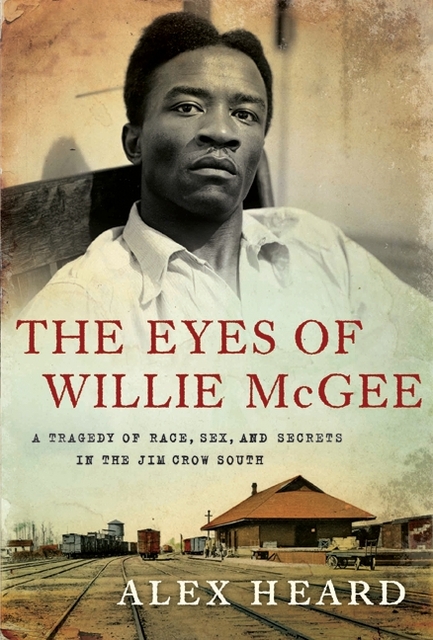Book Profile: Alex Heard Goes Back In Time To Re-Examine An Infamous Court Case
Alex Heard Goes Back In Time To Re-Examine An Infamous Court Case


Latest Article|September 3, 2020|Free
::Making Grown Men Cry Since 1992




